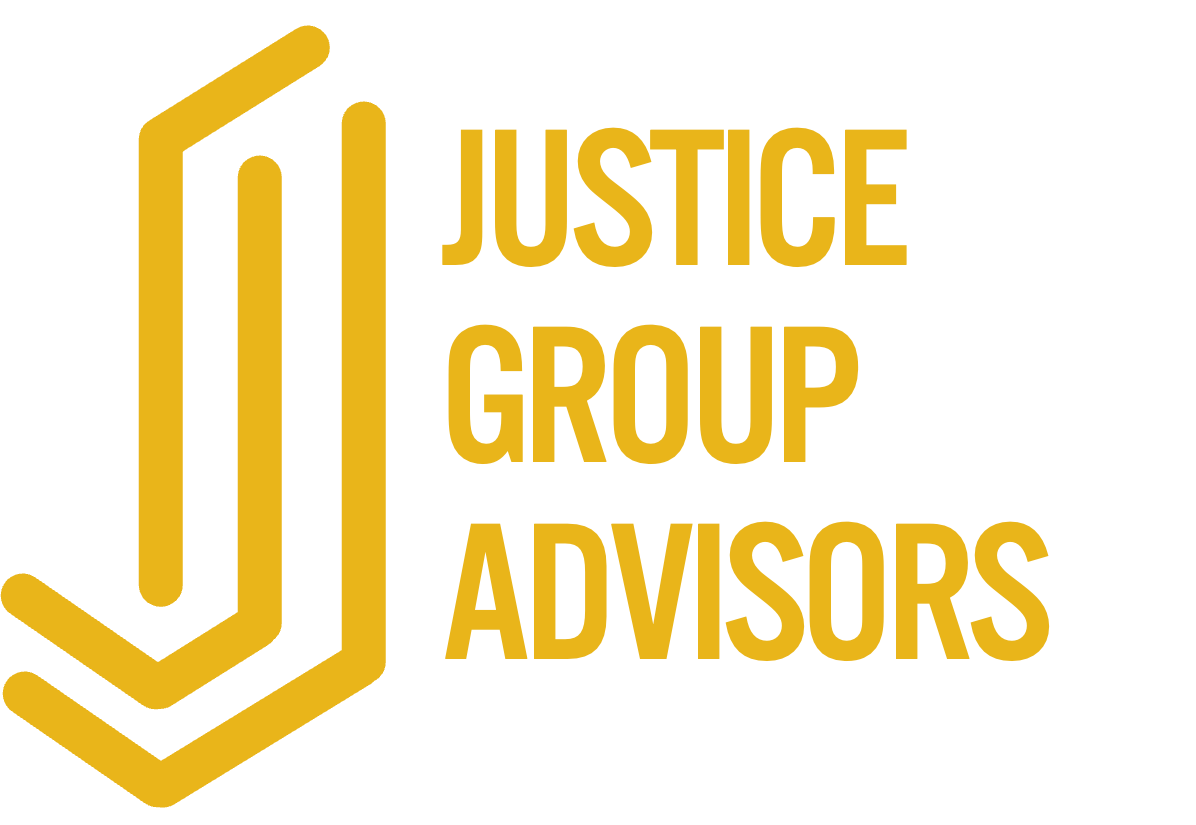Is Coaching the Right Move—Or Not?
Whether you’re considering coaching for yourself or for a leader on your team, you’re likely weighing more than development.
You’re assessing risk, readiness, and return—under real business constraints.
This page is designed to help you decide—clearly and without pressure—whether coaching is the right intervention right now.
Who Coaching Is Most Effective For
-
I coach senior leaders—typically VP level and above—who are operating at enterprise scope, under pressure, or in transition. Most are biopharma executives navigating complexity, visibility, and decisions that don’t come with a clear playbook.
Some engagements are sponsored by a CPO or CEO. Others come directly from the leader. Either way, the focus is the same: helping leaders operate at the level their role now demands.
For organizations investing earlier, I also work with a small group of trusted coaches trained in my framework to support high-potential and emerging leaders.
-
Biopharma is where most of my work lives—from early-stage biotech to global pharma—because the leadership stakes are uniquely high.
I also coach leaders in adjacent fields when the challenge is enterprise leadership: influencing across functions, navigating ambiguity, and leading with judgment under pressure.
Industry matters. Scope matters more.
-
No. Most of my clients are already high performers.
They come to coaching because:
Their role has expanded
Their impact isn’t matching their effort
A pattern or blind spot is starting to limit traction
Coaching isn’t remediation. It’s recalibration—so strengths continue to work as the context changes.
-
Yes—selectively.
I primarily coach senior executives directly. For earlier-stage leaders and teams, I partner with trained coaches and specialists to support:
Leaders stepping into broader scope
Teams navigating inflection points
Senior groups needing alignment
If you’re deciding where to invest, I’ll help you identify what creates the most leverage.
When Coaching Is—and Isn’t—the Right Tool
-
Coaching is useful when what happens next depends on how you lead.
That might mean:
Rising stakes
Expanded scope
Increased visibility
A sense that working harder isn’t the answer
Coaching gives you space to think clearly and operate more deliberately before small issues become costly ones.
-
Before the story hardens.
The best outcomes happen at inflection points—new roles, expanded responsibility, early friction—not when coaching becomes a last-ditch fix.
For sponsors, it’s about investing early enough to shape outcomes instead of managing fallout.
-
That’s common—and not a problem.
Many leaders start with a sense that something needs to shift. The goal becomes clear through context, feedback, and pattern recognition early in the work.
We don’t guess the goal. We build it.
-
Probably. Most of my clients could.
Coaching isn’t about capability—it’s about speed, precision, and perspective when the cost of missteps is high.
You don’t hire a coach to survive.
You hire one to shape the outcome.
How the Work Is Structured
-
My coaching is tailored to the leader and the context—but it follows a clear structure designed to create traction quickly.
Reveal.
We start by getting under the surface through stakeholder interviews, 360 feedback, and sponsor alignment. The goal is to understand what’s working, what’s limiting impact, and what success needs to look like for both the leader and the business.Refine.
Coaching is live and applied. We work on real decisions, high-stakes conversations, and leadership patterns as they show up—so behavior shifts translate into visible impact.Reinforce.
We codify what’s working, build repeatable habits, and make progress visible to the right people—so the value of coaching compounds over time.For sponsored engagements, I partner with the executive sponsor on focus and outcomes while keeping the coaching itself confidential.
-
Most leaders work with me for six months—long enough to surface what matters, shift how they operate, and embed those changes.
Sessions are typically held every 2–3 weeks, with real-world application between meetings. The work evolves as the leader’s context evolves.
For company-sponsored coaching, I stay aligned with the sponsor on progress and priorities without compromising trust.
-
I don’t use off-the-shelf surveys. My 360s are based on confidential conversations with the people who experience the leader most closely—peers, direct reports, managers, and key stakeholders.
It’s not about scores. It’s about insight.
I synthesize patterns, nuance, and what’s not being said into a clear strategic mirror: how the leader is experienced, why it matters, and where small shifts create outsized impact.
This work anchors the Reveal phase and often marks a turning point—for both the leader and the sponsor—because it creates shared language for progress.
-
Results depend on context, but common shifts include:
Faster, higher-quality decision-making
Stronger influence across senior peers
Clearer leadership presence in high-stakes settings
Less friction, more follow-through
Leadership that scales with role demands
For sponsored engagements, we define outcomes early and tie leadership growth to business priorities—so progress is visible, not just felt.
The results aren’t formulaic. But they are measurable—and they continue well beyond the engagement.
Sponsorship, Investment, and Support
-
I’m often brought in by a CEO, CPO, or board member to coach a key executive. In those cases, I operate in two roles: confidential coach and strategic thought partner.
Most sponsored engagements include a small number of alignment calls with the leader and their manager. These conversations clarify what success looks like, keep progress visible, and ensure the work is tied to real business priorities.
I share high-level themes and progress—not session content. Sponsors stay informed without compromising trust. That balance is what allows coaching to move quickly and deliver enterprise value.
-
Most engagements are company-sponsored. Some leaders choose to invest personally.
When coaching is sponsored, we align early on goals, expectations, and how progress will be assessed. The focus is enterprise impact.
When leaders self-fund, the work often centers more on leadership identity, career strategy, or navigating transitions—with greater flexibility in scope.
Both models work. The question is which structure best supports the outcome you’re aiming for.
-
Occasionally, and selectively.
Most of my work happens over several months. Shorter engagements are reserved for specific situations—high-stakes decisions, transitions, or targeted inflection points—when depth matters more than duration.
If that’s what you’re considering, we’ll assess fit before moving forward.
-
Yes—by design, and in a way that supports momentum rather than dependence.
Most formal engagements are time-bound, with a clear focus on building repeatable leadership habits that hold under pressure. By the end of that work, leaders should feel grounded in how they operate—not reliant on weekly coaching.
That said, leadership doesn’t stand still.
Many clients choose to continue with monthly or quarterly check-ins after the core engagement. These sessions provide space to:
pressure-test decisions
recalibrate as scope evolves
stay aligned with enterprise expectations
maintain momentum during new inflection points
Think of it as strategic maintenance, not ongoing intervention.
Some leaders step away entirely. Others return when something meaningful changes. Either path is valid. The goal is to support leadership that continues to scale—on purpose.
Common Hesitations—and Honest Answers
-
That’s common.
Not all coaching is designed to create traction. Some focuses on support and reflection. That can be useful—but it doesn’t always change how leaders operate when the stakes are high.
My work is strategic, structured, and behavior-based. We focus on decisions, influence, and the leadership signals that actually move outcomes. Clients often tell me it feels fundamentally different from coaching they’ve had before—because it shows up in the business, not just in conversation.
-
You don’t—yet. That’s why we talk first.
You’re operating in a high-stakes role. Fit matters. You need a coach who understands enterprise complexity and can help you move from insight to action.
If I’m the right fit, we’ll know quickly. If I’m not, I’ll tell you—and point you to someone who is. I work with a small group of trusted coaches who share my approach and standards. When I place someone from that group, I stay close and oversee the work to ensure it delivers.
The goal isn’t chemistry alone. It’s traction.
-
For senior leaders, time and energy are your most constrained resources. Coaching helps you use both more deliberately—so effort translates into impact.
For organizations, coaching is one of the most effective ways to strengthen leadership where it matters most: in real decisions, under real pressure, with visible outcomes.
The real question isn’t whether coaching works. It’s:
Are you seeing the traction this role requires?
Would sharper judgment or different leadership habits change the outcome?
What’s the cost of letting things stay as they are?
If those questions matter, coaching isn’t an expense. It’s leverage.
Coaching isn’t a default answer.
It’s a strategic intervention that works only when timing, scope, and readiness align.
If you’re deciding whether that’s true here, we start with the situation itself.
The only way to know is to look at the situation itself.



